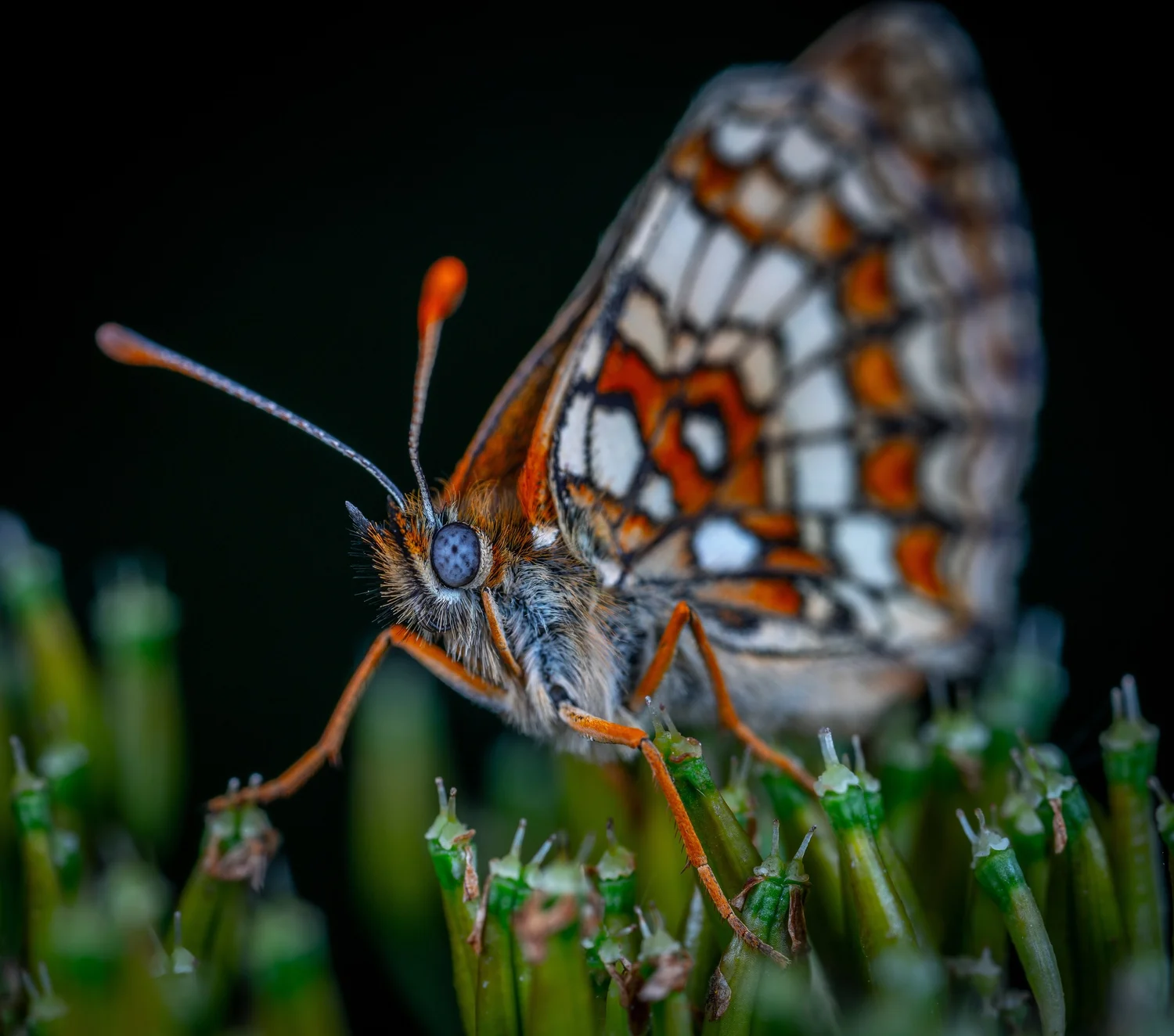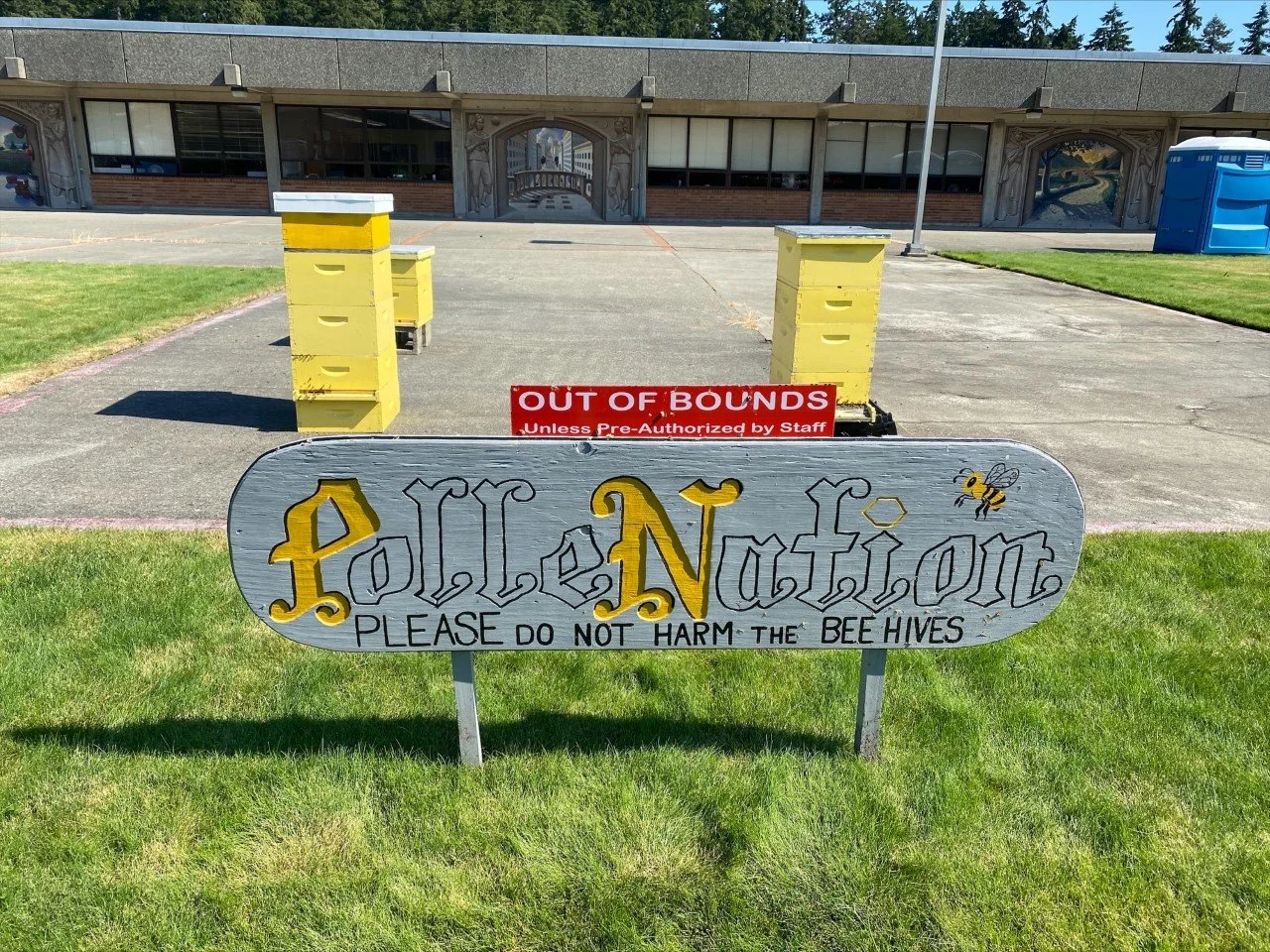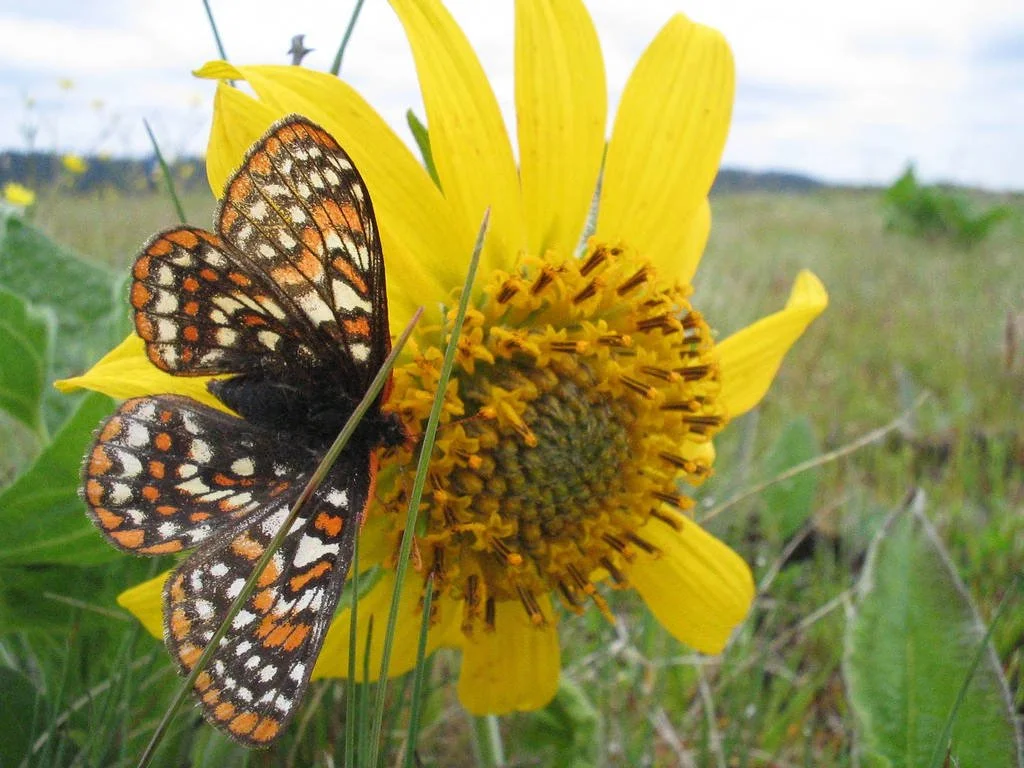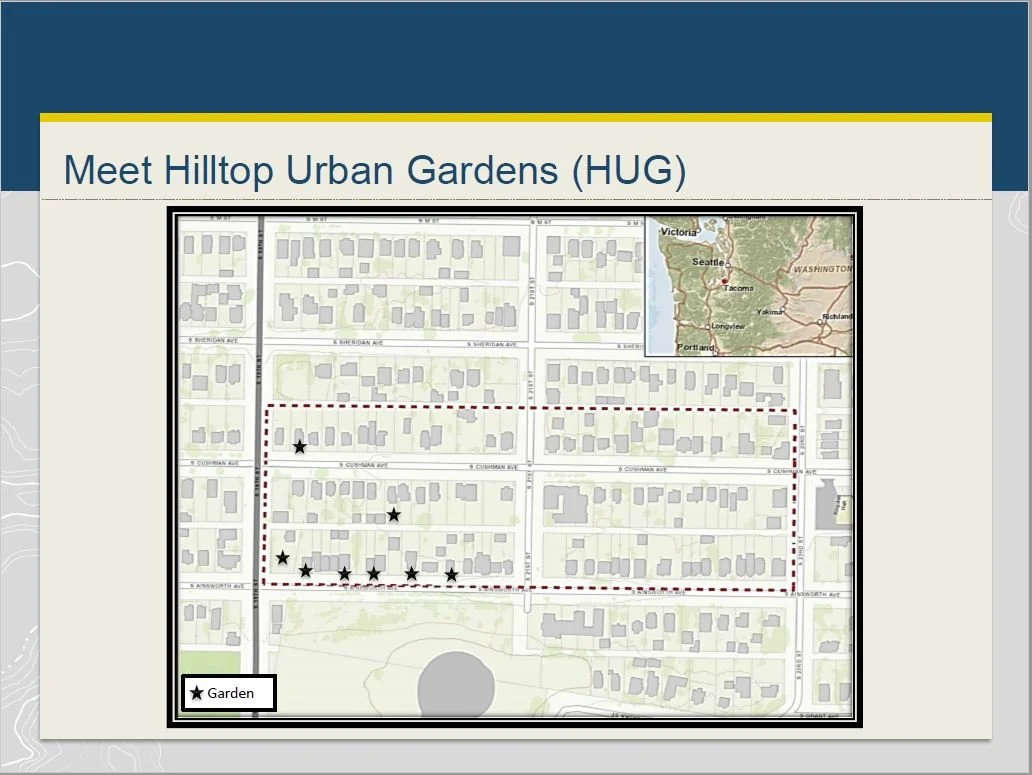S3E3: If You’re not a partner of the solution, you’re a partner of the problem!
Description
Welcome to Season 3, Episode 3, If You’re not a Partner of the Solution, You’re a Partner of the Problem; Partnerships and Programs with the Sustainability in Prisons Project (aka SPP). This season is all about the Sustainability in Prisons Project, what they do, why they do it and how you might be able bring your skills and knowledge to incarcerated individuals.
For this episode, we interviewed Kelli Bush, the Sustainability in Prisons Project Director; Mary Linders, WDFW Wildlife Biologist; and Carolina Landa, a former butterfly technician. In this episode we dive into the complex web of partnerships that SPP maintains for their various, changing and growing programs. At the heart of this whole organization is a web of partnerships that keep everything moving forward and also ensure that projects are safe and appropriate for the prison environment.
Interviewees’ Background and Experience
Kelli Bush is the co-director of the Sustainability in Prisons Project. She helps bring nature, science and environmental education into prisons in Washington. She also leads staff from The Evergreen State College that coordinate programs in the prisons. She has a Bachelor's degree in Agriculture Ecology from The Evergreen State College.
Mary Linders has worked as an endangered species recovery biologist for the Washington Department of Fish and Wildlife (WDFW) since 1994. For the past 18 years she has worked to protect and recover populations of five at-risk prairie and oak-associated species in the South Puget Sound region. As the lead biologist overseeing captive rearing and population re-establishment of the federally endangered Taylor’s checkerspot butterfly, Mary has grown the project from a captive rearing test trial to a program with two captive rearing facilities, 14 field sites, and nine conservation partners. All told, this effort is transforming thousands of acres of degraded grassland to high quality native prairie benefitting a multitude of other species. Mary holds a Bachelor’s degree in Anthropology from the University of Wisconsin-Madison and a Master’s degree in Wildlife Science from the University of Washington-Seattle. This background has served her well in a field where conservation values mesh with competing human values. Outside of work she enjoys gardening, hiking, camping, paddling and playing music with her husband and son.
Carolina Landa MPA, identifies as a Mexican-American woman. She currently works at the Office of the Corrections Ombuds as the Assistant Ombuds focused on Gender Equity and Reentry. She is a graduate of The Evergreen State College where she received her Bachelor’s degree with a focus on Law and Policy followed by her Master’s degree in Public Administration. Her three areas of specialized work are in Social Justice, Disabilities and Immigration. She currently serves as a member of the Washington State Developmental Disabilities Council. She strongly believes that people with lived experiences have the power through voice to impact the most effective change in our society.
Partnerships and Programs, oh my!
This episode is all about partnerships and programs in the Sustainability in Prisons Project (SPP). When we first started researching this topic, Amy the Poop Detective was amazed at the breadth of different organizations and project types that fall under the SPP umbrella.
SPP was initially formed as a partnership between The Evergreen State College (Evergreen) and the Department of Corrections (DOC) to bring science, nature and education into prisons in Washington State. It has since grown to almost 200 partnerships. The breadth and depth of the programs that they help facilitate is impressive, to say the very least. While we are most interested in conservation, nature and education programs, we learn that there are so many other types of programs/projects.
SPP Perspective on Partnerships and Programs
In this episode, Kelli Bush shares more about how partnerships form and function. One of the main points that she makes is that these programs can be started at any level, whether it be an idea from an incarcerated individual, DOC staff, Evergreen graduates or partners in the community (that could mean you!). She also describes how each project is evaluated to make sure that there is benefit to all involved parties. They especially do not want projects that are just looking for free or cheap labor. The primary types of benefits to incarcerated individuals are educational, therapeutic and/or job skill related. She also shares more about how new projects also must be vetted by the DOC to ensure that they meet their safety and risk reduction considerations associated with the prison environment.
We chat about how some projects are relatively easy to implement, for example education programs, where other programs are more difficult to implement such as the Taylor’s checkerspot butterfly program, which required a greenhouse to be built and potential risks to be considered.
She uses the composting program at the Monroe Correctional Facility as an example of how programs can start and grow. In this example, incarcerated individuals worked with DOC staff to develop an internal composting program. Over time, this program has grown into an award winning composting program and they have expanded their composting methods to include Bokashi composting (basically fermenting compost) and Black Soldier Fly Larvae composting, similar to vermicomposting, where the larvae eat through and break down food waste quickly. Here are some additional links to learn more about the SPP Bokashi and Black Soldier Fly Larvae composting programs.
She shares more about several programs that are not so science based, including:
A dog training program, where dogs live with and are trained by incarcerated individuals. They train dogs for children and adults for a variety of conditions. They also host foster animals, sometimes difficult to adopt animals, from many different agencies including the Kitsap Humane Society and Purrfect Pals.
A bike refurbishing program, which reduces waste by salvaging and restoring bikes that otherwise might be headed to the landfill. Then those newly tuned up bikes get awesome paint jobs and they are donated back to someone in need in the community.
There are lots of other cool partnerships that we did not get into. If you want to learn more, head over to SPP’s website and you can look through the many partners and projects.
Kelli shares a little about potential project gaps. One of the projects she hopes that the Magical Mapper might pursue is bringing more technology, like GIS, into the prisons. The other one that she feels is important is a program that supports successful reentry, and that includes housing and employment opportunities. She discusses how she initially thought this work might be done outside of the prison by another organization, but now she thinks it might be something that SPP should help develop. She wants partners to consider if organizations are willing to invest in previously incarcerated individuals once they are outside of the prison as well; helping them grow their environmental careers once they are released.
We talk about some of the barriers to new program development such as:
A general lack of space; prisons were not set up as educational facilities
Technology, computer and internet access
General capacity at SPP to take on and facilitate additional projects
Kelli also discusses how a big part of SPP’s work is to try and identify the roles and responsibilities for the involved partners. She talks about how communication, clarity of roles, community time investment and who gets recognition for the work are all important aspects to making the partnerships function and ensuring that all partners feel valued and needed.
She also shares a little bit about a new program on the horizon, the Evergreen Coalition for Justice, which just received funding for a year that starts this July. It will provide an opportunity to expand support for incarcerated individu

















